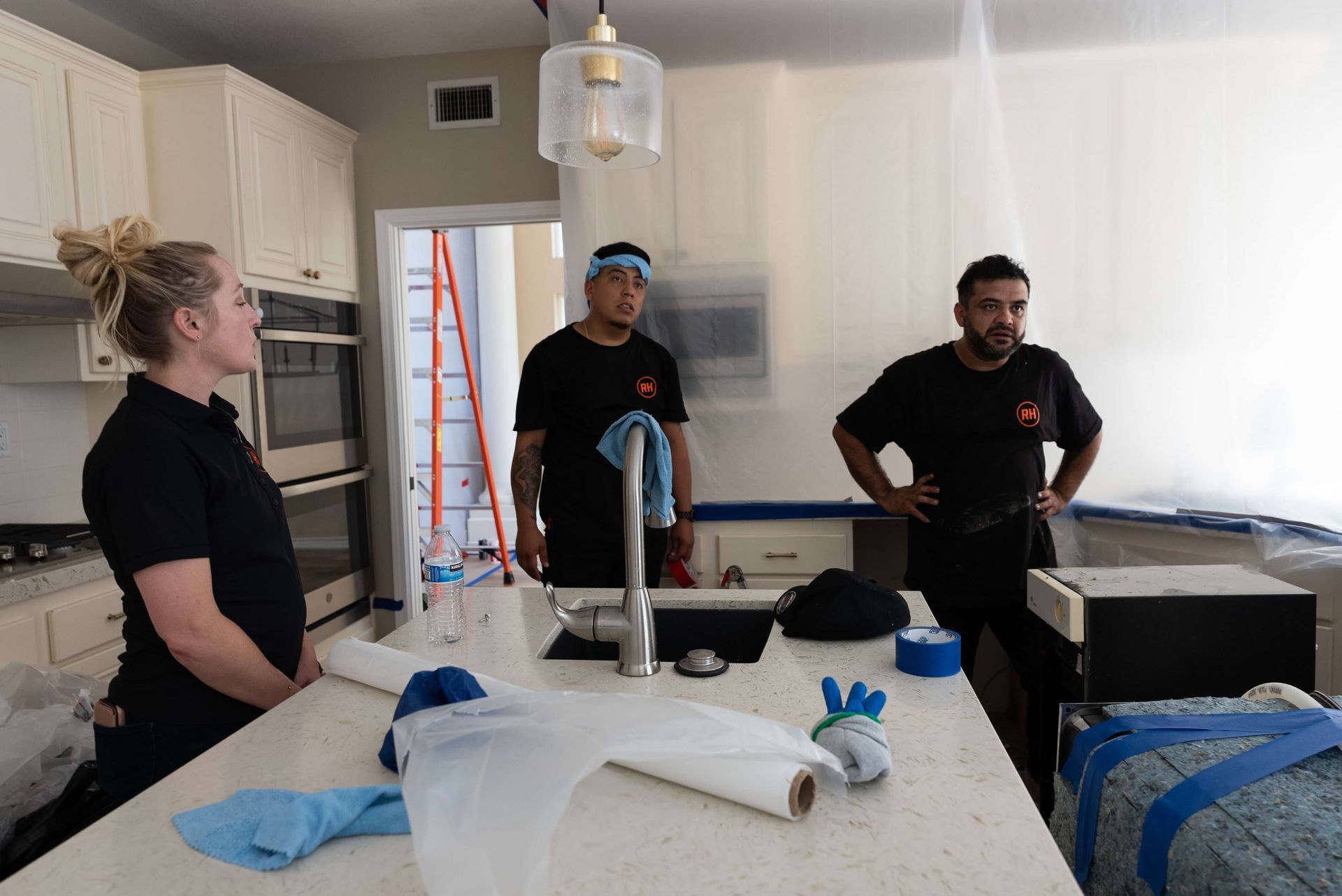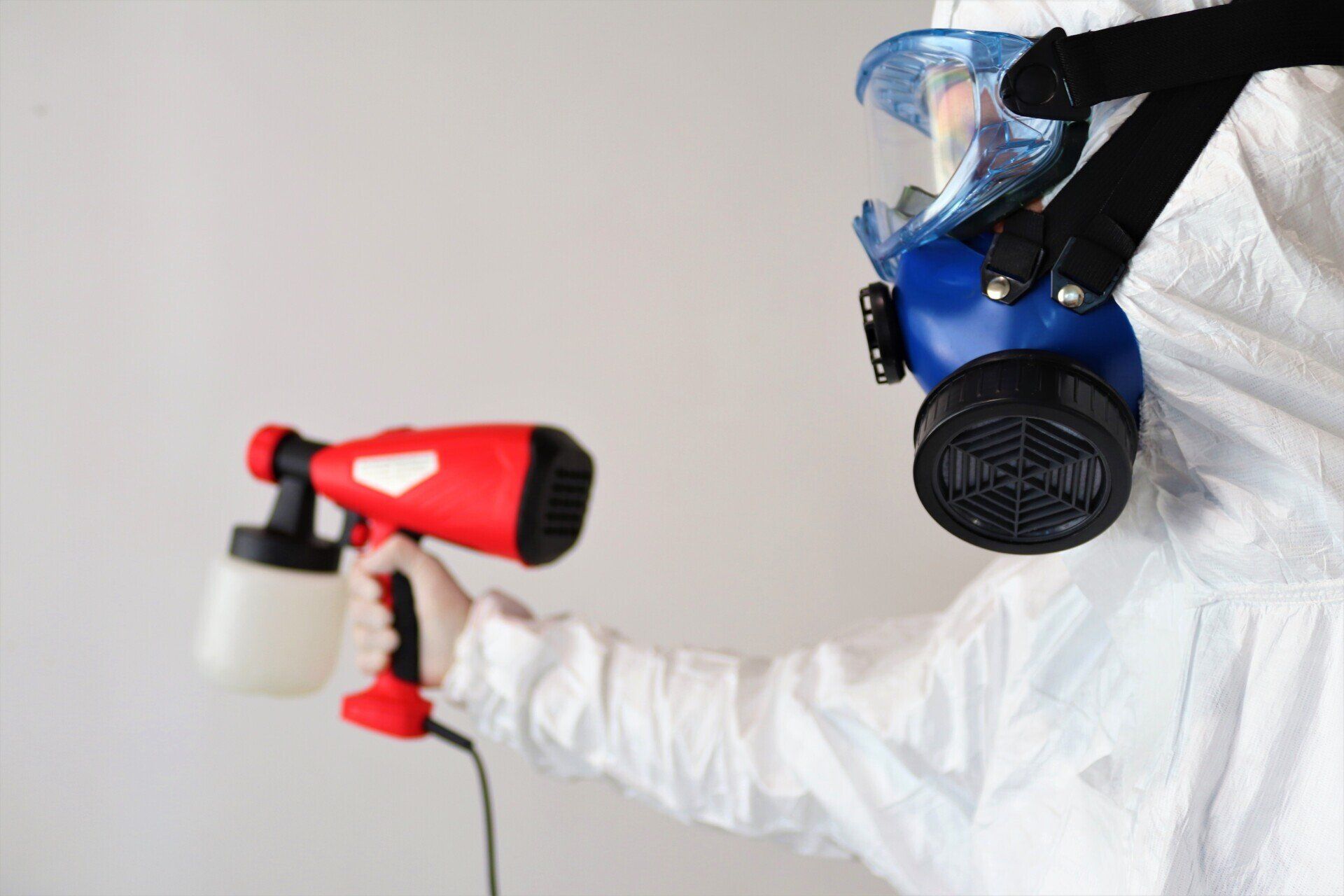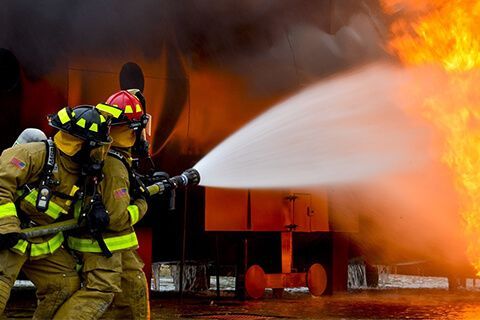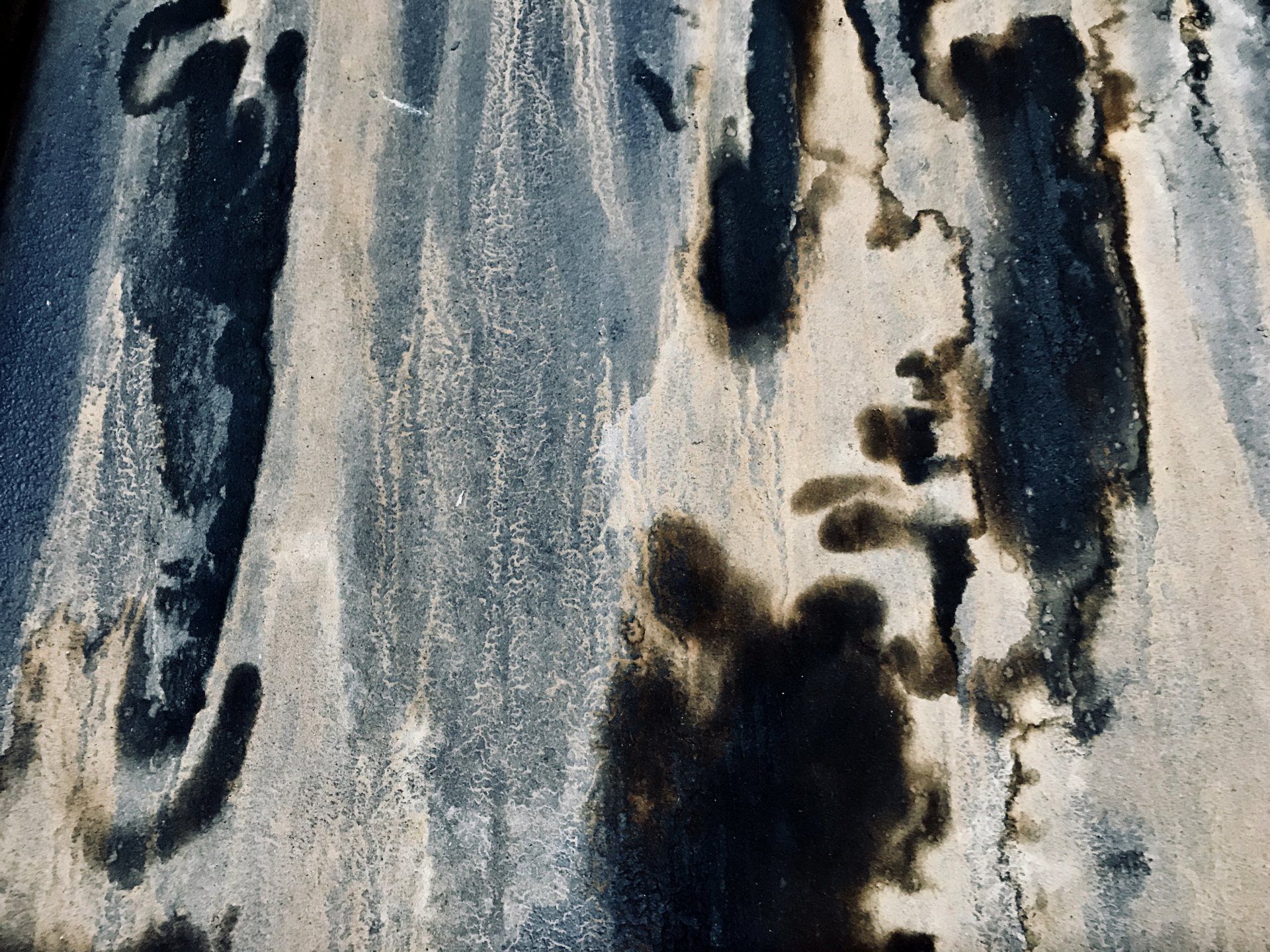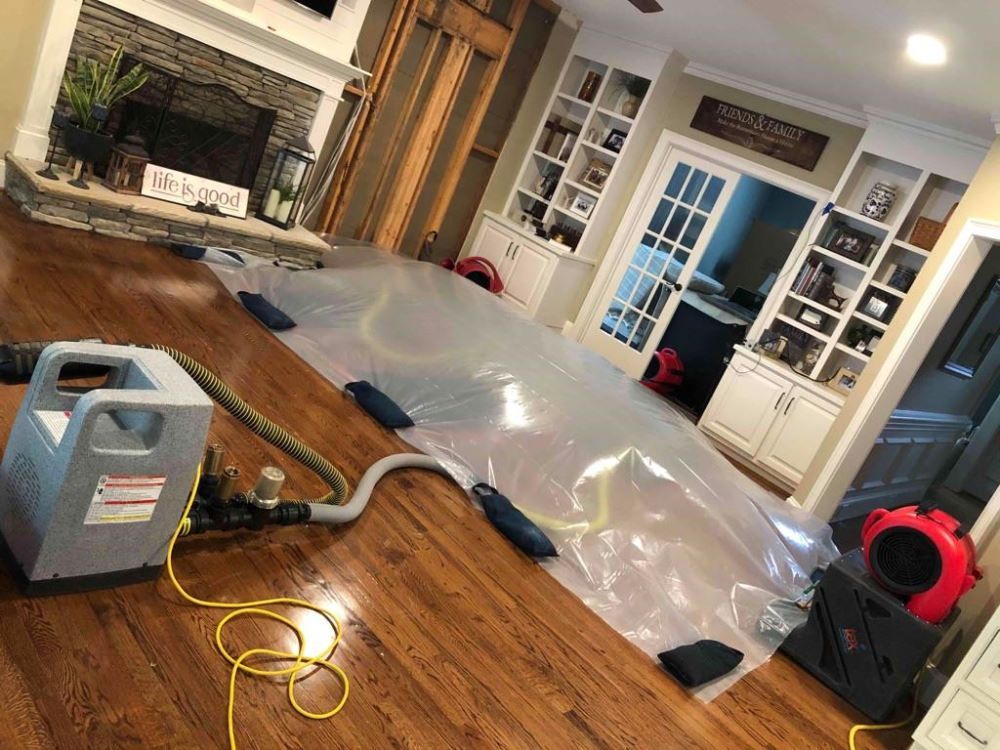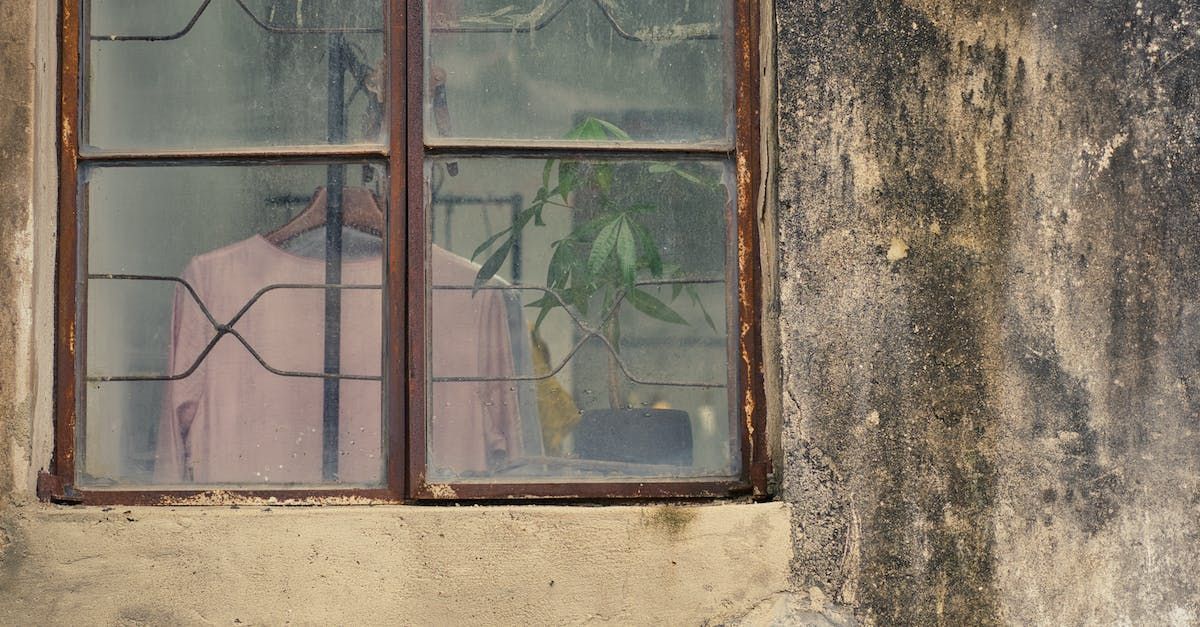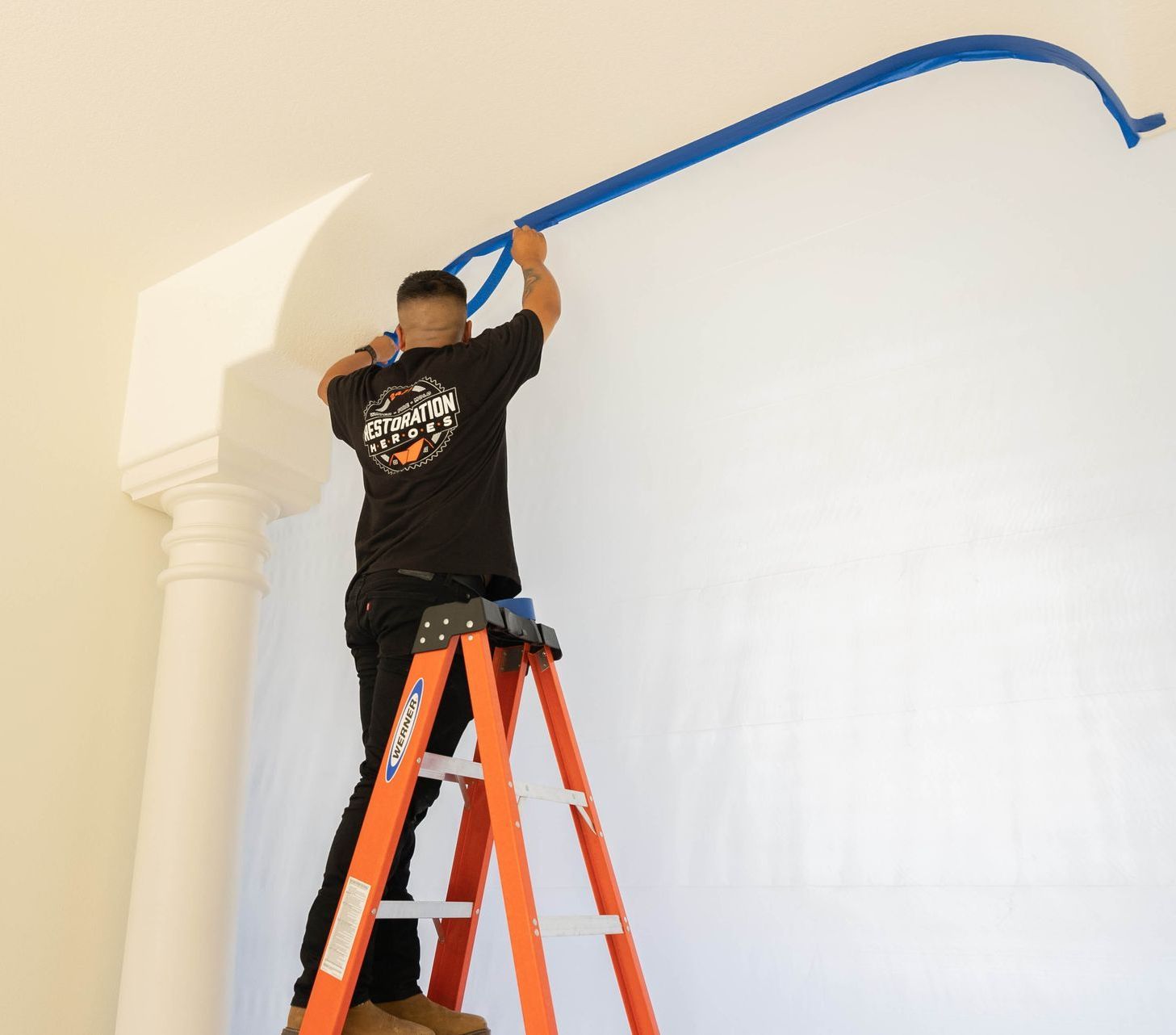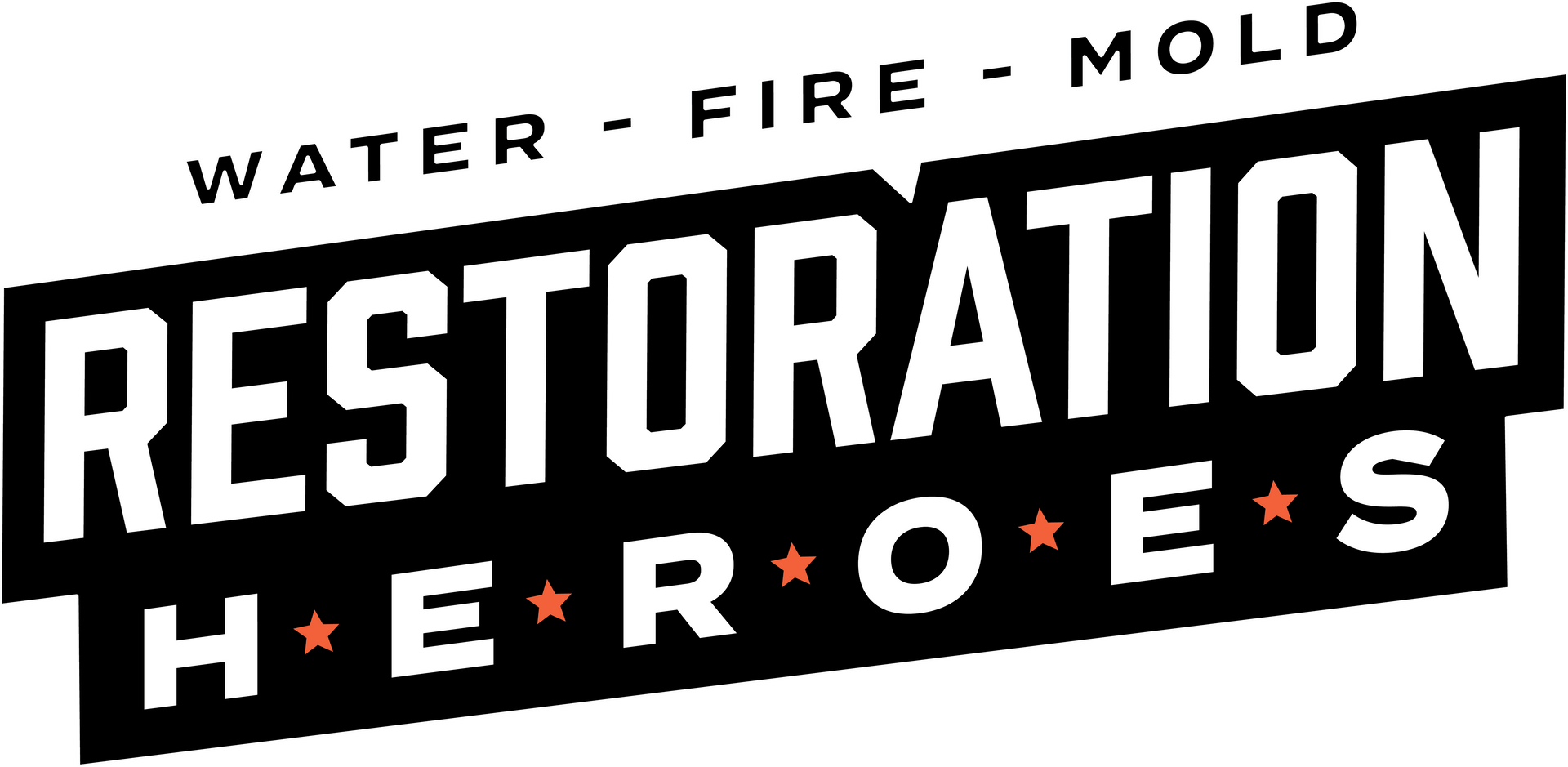
- SERVING ALL OF ORANGE COUNTY, CA
- 24/7 EMERGENCY RESPONSE
GIVE US A CALL
Understanding the Different Types of Fire Damage
Understanding the Different Types of Fire Damage
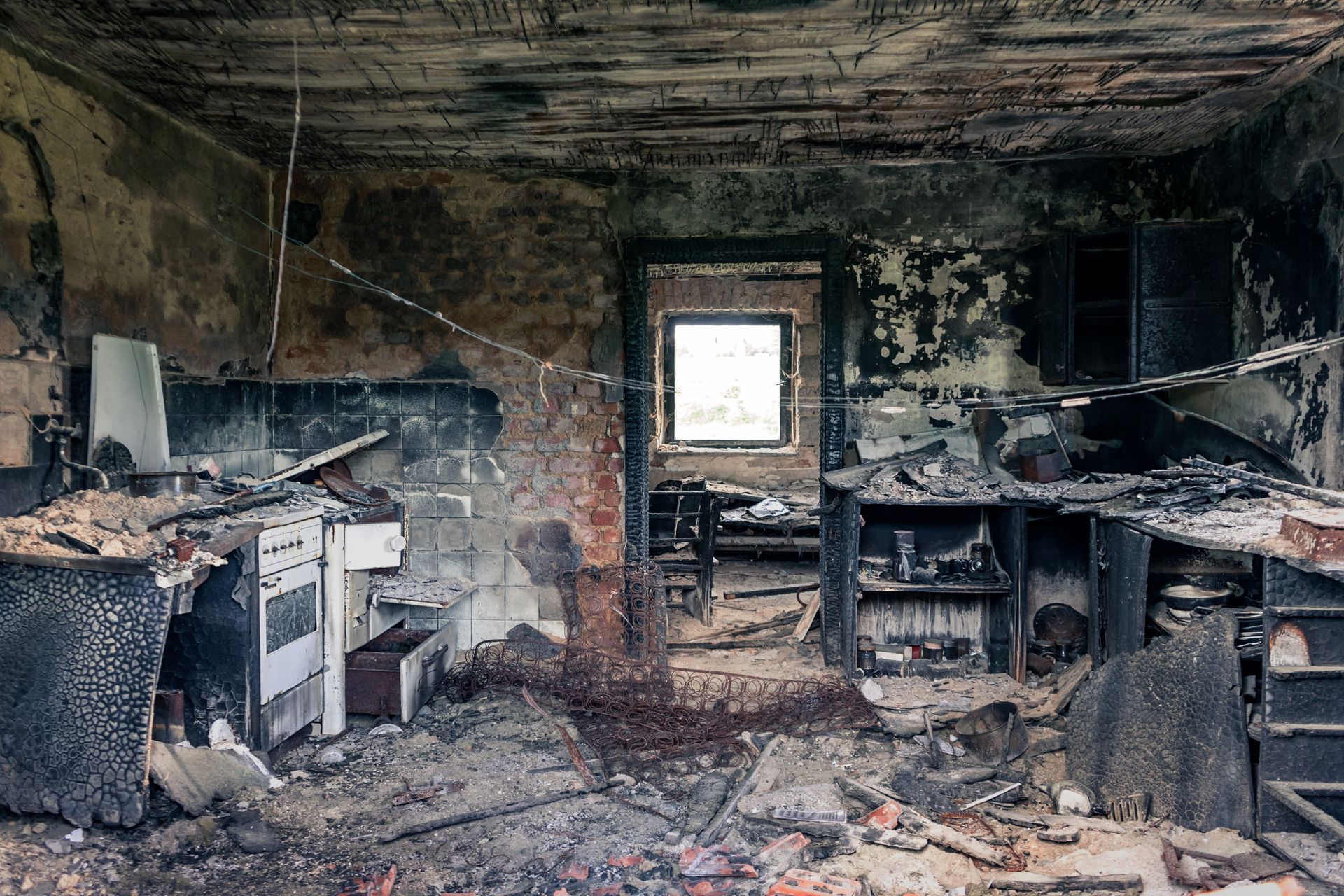
Fire incidents are one of the leading causes of property damage in the US, causing devastating consequences for homeowners and businesses. Understanding different types of fire damage, including their classes and the kind of smoke damage they produce, is crucial for effective restoration after a fire. Grasping these distinctions aids homeowners, insurance adjusters, and restoration professionals in executing the most effective fire damage cleanup strategy. In this blog, we will delve into the different fire types, classes of fire, and types of smoke and their implications for post-fire restoration.
The Key Types of Fire Damage
Fire damage is not a one-size-fits-all concept. It varies greatly depending on several factors, such as the source of the fire, the materials involved, and the duration of the fire. For instance, a kitchen fire involving cooking oils may result in different damage compared to an electrical fire in a living room. The materials that were involved in the fire - such as wood, plastics, or fabrics - can determine the type of smoke produced and, subsequently, the kind of fire damage cleanup required. Additionally, a fire that burns for an extended period may cause more severe damage compared to a promptly extinguished one. Understanding these distinctions is the first step toward effective fire damage restoration.
Structural Damage
Structural damage is one of the most severe forms of fire damage, often affecting key building materials like wood, steel, and concrete. Signs of structural damage include charred frames, weakened walls, and compromised foundations. Such damage can pose significant safety risks, necessitating immediate and professional restoration efforts.
Smoke and Soot Damage
Smoke damage varies, ranging from wet and dry smoke to protein and fuel oil soot, each possessing distinct characteristics. Wet smoke lingers after a low-heat fire, whereas dry smoke is a byproduct of high-temperature fires. Protein smoke leaves a pungent odor, while fuel oil soot results from furnace puffbacks. Exposure to smoke and soot can lead to adverse health effects, underscoring the importance of prompt and thorough cleaning and restoration.
Water and Mold Damage
Water and mold damage often follow firefighting efforts, as large amounts of water used can seep into carpets, walls, and other materials. If not treated promptly, this damp environment can promote mold growth, posing health risks. Prevention and remediation involve prompt water extraction, dehumidification, and treatment with anti-microbial agents.
Electrical Damage
Electrical damage is a major concern post-fire, as fires can severely impact wiring, outlets, and appliances. It's essential to have a certified electrician inspect the space to ensure safety before power is restored. Their expertise can prevent further damage and potential hazards like electrical shocks or future fires.
Chemical Damage
Chemical damage arises when materials, either natural or synthetic, combust or are exposed to high heat, releasing hazardous residues. These chemicals may pose serious health risks and require specialized cleaning and disposal methods. Expert fire restoration is crucial to ensure safe and effective removal of all chemical residues.
How is Fire Damage Assessed
Fire damage assessment begins with a thorough inspection by a team of professionals. This step is crucial as it provides an overall picture of the extent of the damage and, hence, the scope of restoration needed. The experts evaluate the structural integrity of the building, analyze the type of fire, and assess the smoke, soot, water, and chemical damage. Advanced technology, such as thermal imaging cameras and moisture meters, are often employed in this process.
Thermal imaging cameras help detect hidden hotspots behind walls or ceilings that may reignite, while moisture meters identify the presence of excess moisture from firefighting efforts, preventing potential mold growth. A comprehensive fire damage assessment ensures the formulation of an effective and efficient restoration plan, emphasizing the importance of professional evaluations.
Fire Damage Restoration Process
The fire damage restoration process is a complex, multi-step endeavor initiated immediately after the fire department's all-clear signal. It begins with emergency contact, where a professional restoration company, like Restoration Heroes, is alerted. The ensuing property inspection and fire damage assessment establish the extent of the damage and formulate a strategic restoration plan. Next comes immediate board-up and roof-tarp service to protect the property from further damage. Water removal and drying procedures are then implemented, if necessary, followed by the removal of smoke and soot from all surfaces.
Cleaning and sanitizing ensures the property is free from remnants of smoke, soot, and possibly water. Finally, the process culminates in restoration, which might involve minor repairs, such as replacing drywall and painting, to major reconstruction of rooms or areas. The objective is to restore the property to its pre-fire condition or better, providing a safe, clean, and welcoming environment for its inhabitants.
Can Fire Damage Be Prevented?
Fire damage, while challenging to deal with, can be prevented to a large extent through vigilance and preventative measures. Regular maintenance of electrical systems, heating appliances, and cooking equipment can significantly reduce fire risks. Installing fire alarms throughout the property is another crucial step in detecting fires early, allowing swift action to prevent excessive damage.
Furthermore, it's essential to maintain a comprehensive fire safety plan, which includes clear evacuation routes and designated meeting spots, facilitating a quick and orderly escape during emergencies. Always ensure that all inhabitants are familiar with this plan and conduct regular drills to reinforce it. Lastly, keep fire extinguishers in key areas and educate everyone on their proper usage. Remember, prevention is always better than cure, especially when it comes to fire damage.
Next Steps After Fire Damage: Moving Forward
At Restoration Heroes, we specialize in comprehensive fire damage cleanup and restoration services tailored to your specific needs. Our team of experienced professionals uses the latest technology and methods to restore your property to its pre-fire condition, ensuring a safe and healthy environment. Don't let fire damage disrupt your life any longer than necessary. Contact us today to start your journey to full recovery.
CONTACT US 24/7 FOR RESTORATION HELP
Works with all major insurance carriers
Proven & personalized service
Professional, high-quality workmanship
24/7 emergency service
90 Minute On-Site Response Time
IICRC & background checked technicians
OR GIVE US A CALL
Don’t wait on water damage repairs, as it will only complicate the matter and invite more cost and frustration. Restoration Heroes are available 24/7 to help Irvine residents and property owners return their property back to its original state – safely, securely, promptly!
Restoration Heroes is a 24/7 emergency restoration company based in Irvine, CA, and services all of Orange County, CA. We are experienced in water damage restoration, fire damage restoration, mold damage remediation, biohazard cleanup, storm damage cleanup, and more. Our industry experts can advise you on your options, offer guidance, and create the absolute best case outcome for your situation.
QUICK LINKS
All Rights Reserved | Restoration Heroes

